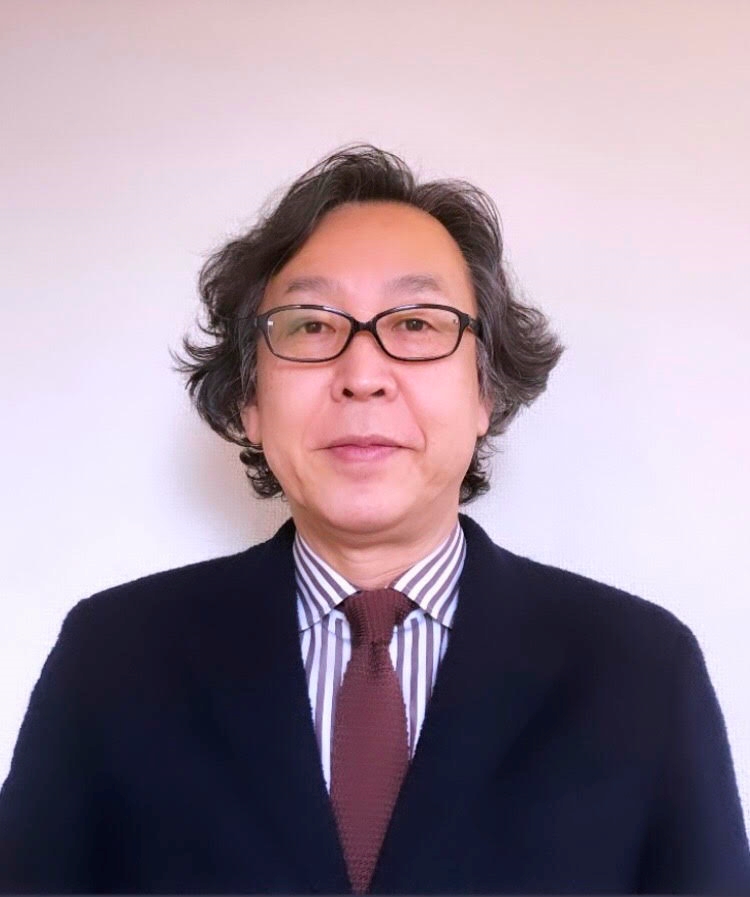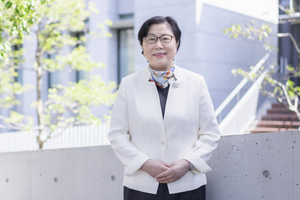Greetings from Toyo University

Bringing Toyo University's "Wisdom" for World Peace
Director, Social Contribution Center, Toyo University
Naoki TAKAYAMA (Professor, Faculty of Design for Welfare Sociology)
About Toyo University's General Liberal Arts lecture
Toyo University is committed to carrying on the vision of its founder, Enryo Inoue, and making the excellent knowledge possessed by the university beneficial to society. As part of this commitment, we offer numerous public lectures and lifelong learning programs. In this course, we will explore various topics related to Japan, including Japanese culture, economy, and social issues, delivered by experts from Toyo University. Understanding the background of Japanese culture and social issues can also deepen your comprehension of the Japanese language. Whether you are new to Japanese culture, seeking to expand your knowledge, or planning to study or work in Japan, we warmly welcome you to join our courses.
★Intriguing insights await! Read the interview between Dean Yaguchi and Center Director Takayama (Click here)
Greetings from the President of Toyo University

Exploring the Charm of Japan:
Liberal Arts lectures by Experts from Toyo University
President of Toyo Univertisy
Etsuko Yaguchi
Voice from Past Participants
-

- It is for foreigners who are interested in the language or studying Japanese. (China)
-

- I felt as if I had returned to Toyo University in a long time and was exposed to university lectures, which enriched my time both in terms of content and spirit. (Japan)
-

- It is interesting to take lectures by current university professors online for free, and the content covers a wide range of topics. (Japan)
-

- The name of the online course, "Japanese Knowledge," caught my attention and intrigued me. (Japan)
-

- There are various Japanese expressions in daily conversation and writing that are of interest to me, and through specific examples, including historical perspectives on why this is so and how it has changed, I was able to deepen my understanding. (Vietnam)



